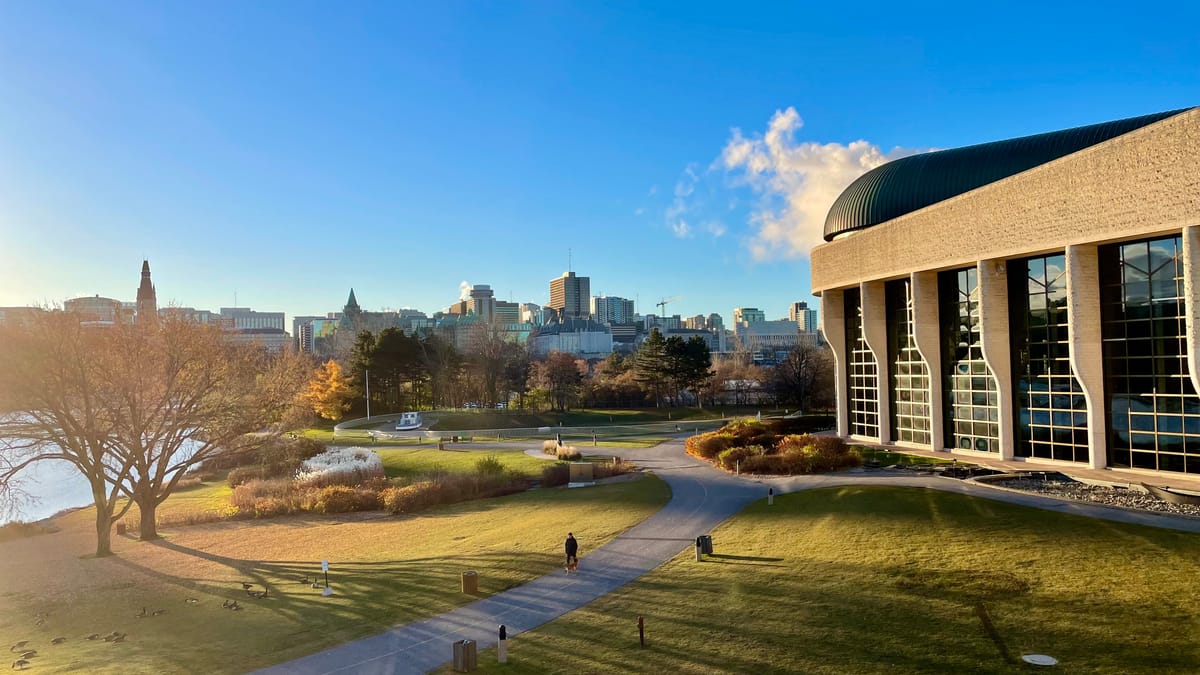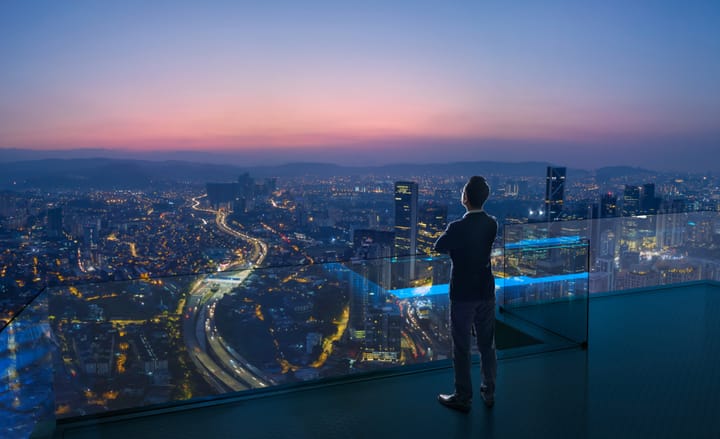It was a surprisingly emotional day. I was gathered with 25 colleagues in a room at the Canadian Museum of History with a spectacular view of the Ottawa River and Parliament – quintessential icons of colonialism. We were there to explore where our world views come from, how they influence our conservation work and what a better future might look like for people and the planet.
After a welcome from a local Anishinaabe Elder, the facilitators invited us to introduce ourselves in terms of our roots and our identities – in other words, to tell our origin stories. (And to do it in 2 minutes!) Of course, it took much longer than that – over 2 hours to go around the circle. While my mind (driven by my Protestant work ethic) was screaming inside that we were wasting time on this, my heart knew that this was incredibly important work to deepen our relationships with each other and the planet.
People talked about their immigration experiences, time that family members had spent in wars and POW camps, being colonized in other countries, having to contend with relatives who'd been on the wrong side of history, as well as moments of both tremendous loss and joy.
When my turn came, I found myself unexpectedly overwhelmed by emotion. I don't know much about my family history and it's not something we've discussed that much. And I suddenly felt a deep sense of loss, realizing I was missing a core part of my identity (for better or worse). I was also acutely aware of all the work I'd done earlier in my career with Indigenous peoples across Canada's North to try to tackle issues from suicide to fire prevention. While it was done from a place of wanting to help, knowing how patriarchal our approach was in hindsight, I now wonder if we did more harm than good.
In the afternoon, we heard a talk about the history of Western philosophy and capitalism – how we became a culture disconnected from the very nature that gives us life, more focused on individual wealth than the collective well-being of those we live in relationship with. Though I'm still mulling over much of what we heard, one question sticks with me. "What's the water we swim in?" Just as fish are unaware of the water that makes up their world, we're mostly unaware of the hidden beliefs, assumptions, biases, systems and structures that govern ours.
Giving yourself permission to explore these questions (and a million more), and spending time thinking about your own origin story can empower you to figure out what's holding you back in your own work and life. Doing that work with others can open up unexpected synergies and opportunities to choose a different path, to reimagine a different future.
While I left the session with more questions than answers, I'm also profoundly more aware of how my own worldview drives my decisions - big and small. Understanding my origin story better is making me a better leader and showing me where I still have room to grow. If you're looking for someone to help you explore your own story and possibilities for change as a leader or organization, give me a shout. I'd love to go on that journey with you.





